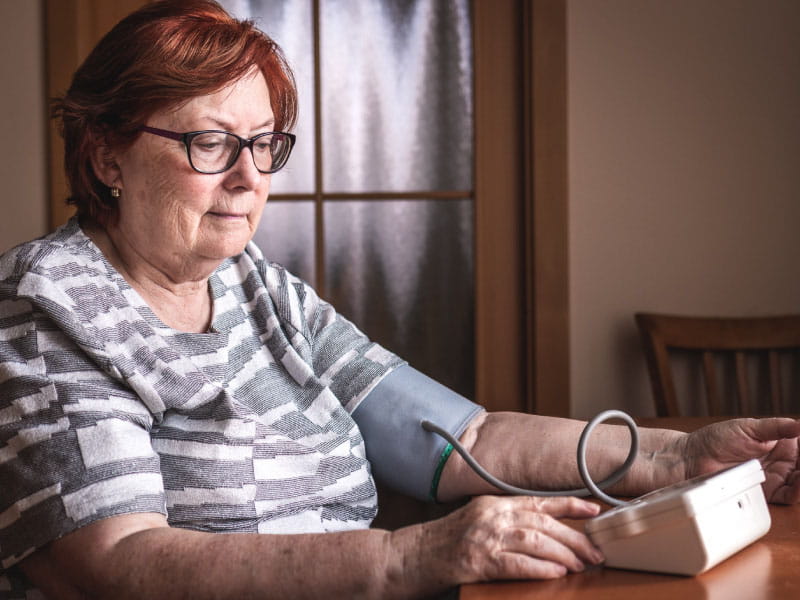
What's new this year for school lunches?
Aug 9, 2022
Recent changes to school meals will affect millions of students. Here's what to know, and how you can help your child eat well.

Aug 9, 2022
Recent changes to school meals will affect millions of students. Here's what to know, and how you can help your child eat well.

Aug 4, 2022
Risk factors for heart disease are easier to prevent than they are to reverse, which means parents who want to protect their kids' hearts should start now.

Aug 3, 2022
Measuring blood pressure in both arms and using the higher reading is a more accurate way to diagnose hypertension and assess cardiovascular risk, a new study suggests.

Aug 1, 2022
Chemicals made by gut microbes in the digestive tract after eating red meat may contribute to the higher cardiovascular risk associated with eating these foods, new research suggests.

Jul 27, 2022
New research in people with peripheral artery disease finds walking for exercise at a pace that induces pain may lead to greater mobility rewards than walking at a more comfortable pace.

Jul 26, 2022
Getting too much or too little sleep, napping and poor sleep patterns may raise the risk for heart disease and stroke in older adults, research finds.

Jul 25, 2022
Meeting recommendations for physical activity can substantially lower the risk of dying, new research shows. But going above and beyond may lower risk even more.

Jul 21, 2022
Having endometriosis may raise a woman's risk for having a stroke later in life, new research shows.

Jul 20, 2022
The latest omicron subvariants are proving adept at reinfecting people – even those sickened recently. Here's what people with heart disease and stroke should know.

Jul 13, 2022
The symptoms of a heart attack and panic attack can overlap. Here's what to know – and what to do.